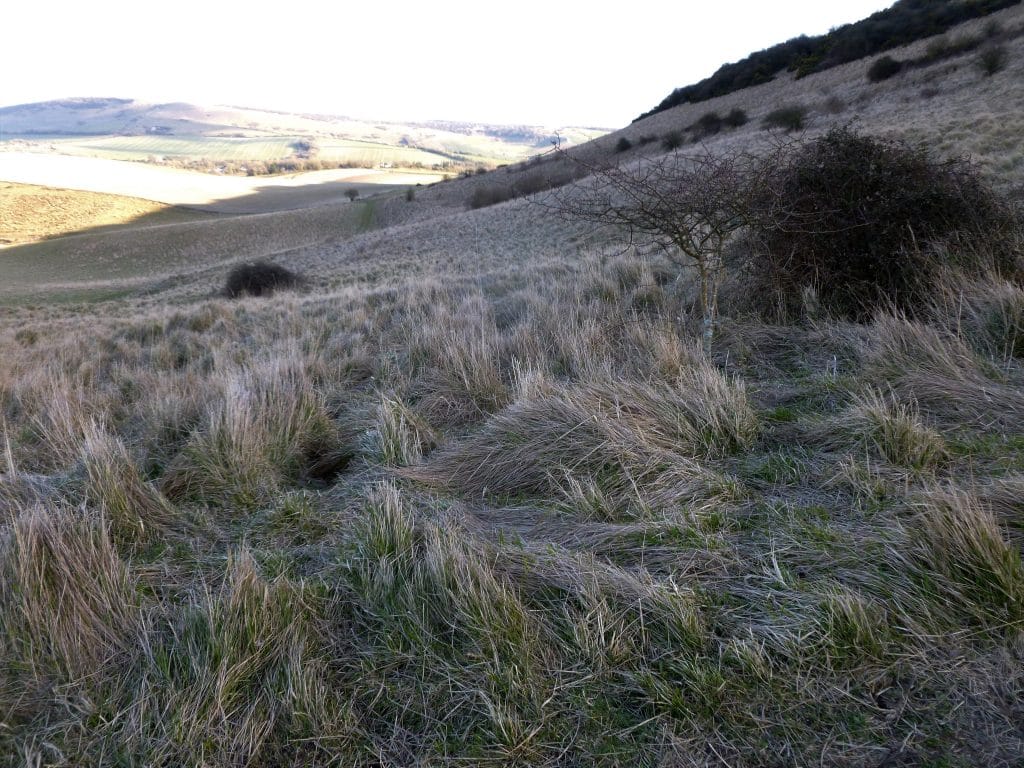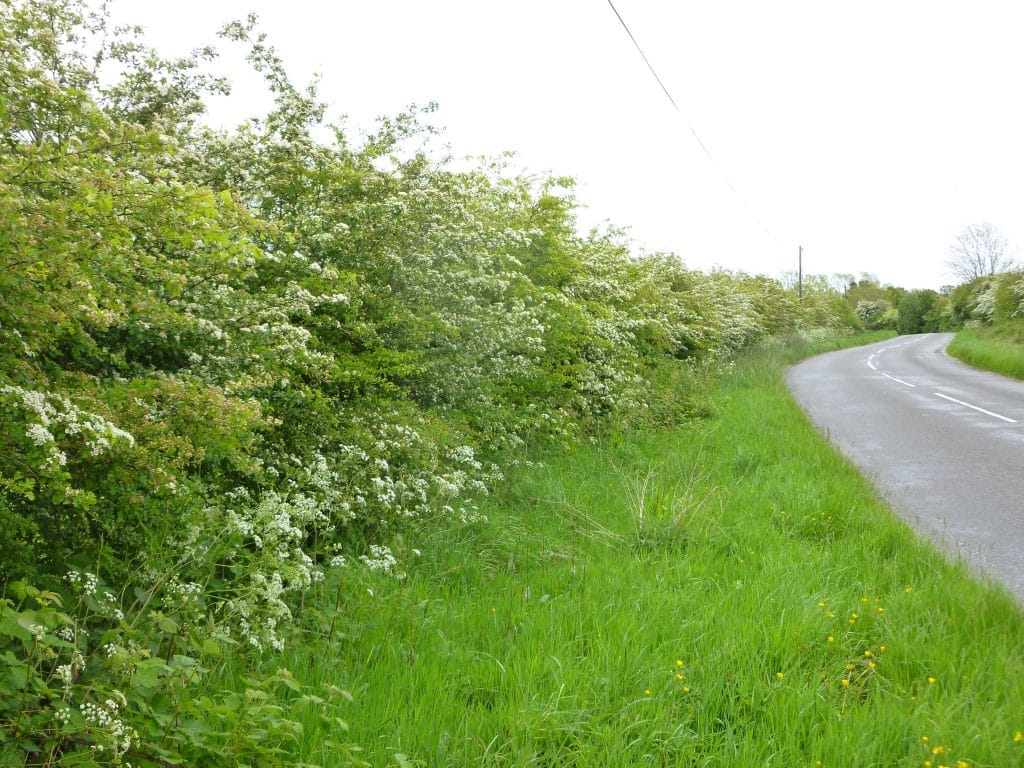I often read, listen and watch, articles on British farming and how beneficial it is for this countries wildlife and that farmers are the best custodians of our green and pleasant land. I beg to differ – at the least concerning the majority of the farmers that I formerly worked with and quite a number of farm holdings in which my work required access to their lands. More generally, if so many of our farmers and managers are so well-informed about wildlife, how come then, that our wildlife has been so decimated during the latter half of the twentieth century?
The natural world needs our help as never before,’ warns Sir David Attenborough in his forward to the depressing State of Nature 2016 report, which found that the Britain is ‘among the most nature-depleted countries in the world,’ it ranking 189th out of the 218 countries assessed.

Few of the farmers/land managers that I worked with across the years between 1975 and 2016 could be termed even modestly knowledgeable concerning the identification of wildlife and incompetent regarding basic conservation practice of wildlife habitats. A number display a staggering lack of duty of care for semi-natural habitats including SSSI’s – chalk grassland, and of water habitats. They were understandably but only to a degree, concerned about their crops, livestock and of market prices and remaining profitable. A number gave me the impression that payments received from participating in agri-environment schemes were a nice little bonus, they only having to carrying out the absolute bare minimum necessary to qualify for payment.
In contrast, the few that stand out positively in my memory were John Gascoigne my line manager in the 1970’s and early 80’s, he formerly having been a farm manager (and naturalist) of several significant farms. David Paul formerly of Chyngton Farm, Seaford; Richard Walton of Alciston Court Farm and the benevolently-minded David Hole who owned several farms in the area. I won’t mention the worst offenders and examples at the other end of the scale.
I recall some years ago talking to a farmer one spring, I commenting on the recent arrival of the migrant wheatears upon the Downs; he commenting, ‘Oh, what are they?’ Hopefully the younger generation of farmers arriving on the farming scene now are more enlightened following their time in college or university and will making more of an effort to turn around the current deplorable situation. The wise and careful use of artificial fertilizers, the use of pesticides only when necessary as opposed to routine proactive blanket use and the better management of hedgerows would prove good starting points.

